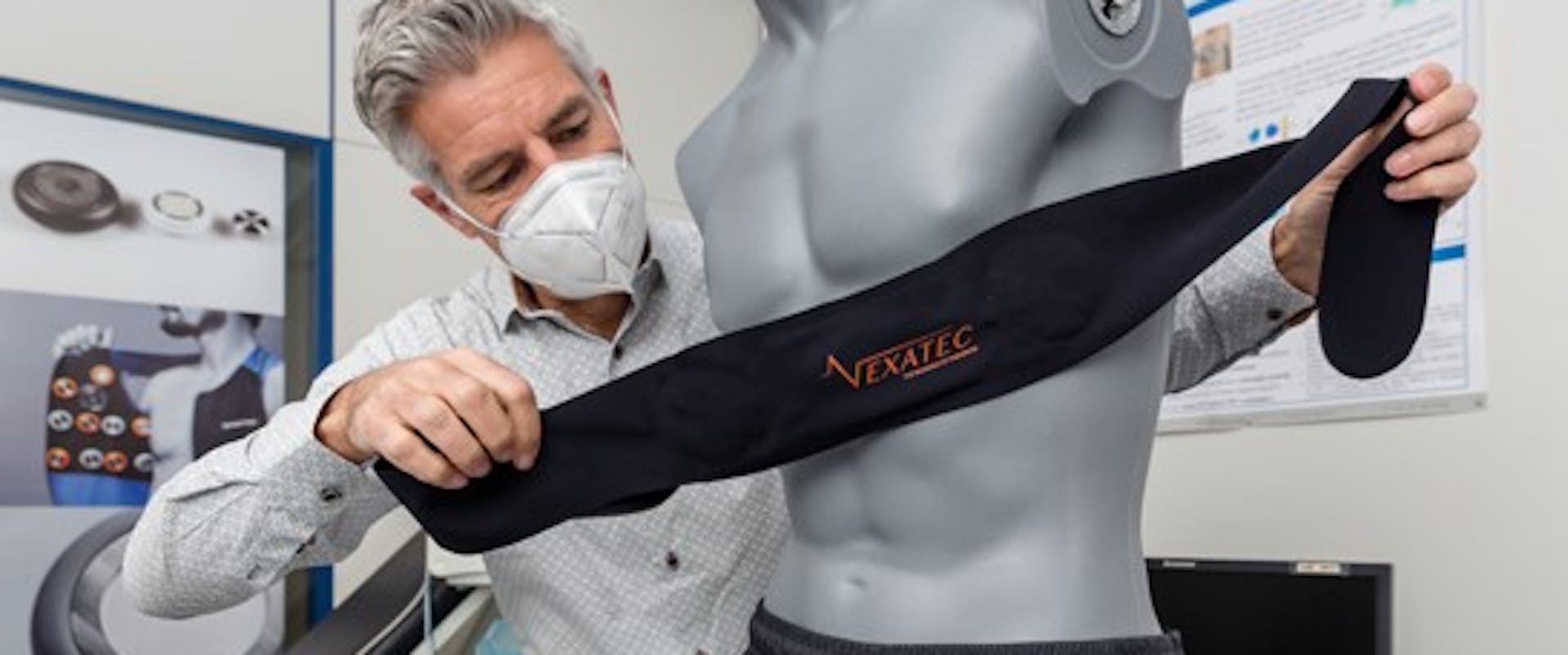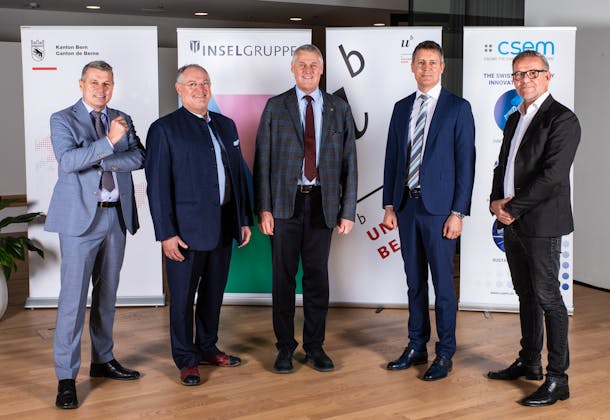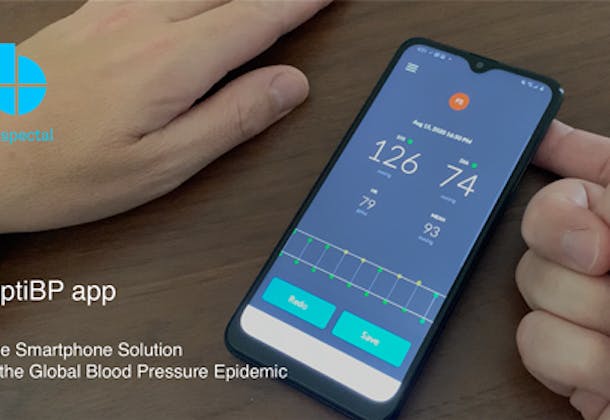December 11, 2020
Monitoring Covid-19 patients remotely
Doctors at Luigi Sacco University Hospital in Milan are testing a new system that monitors Covid-19 patients’ vital signs remotely using a chest belt initially developed at CSEM for space applications. The hope is that the system can help reduce the burden on hospitals and health-care professionals. The project is being led by Swiss startup Vexatec and includes EOS of Italy and CSEM.



